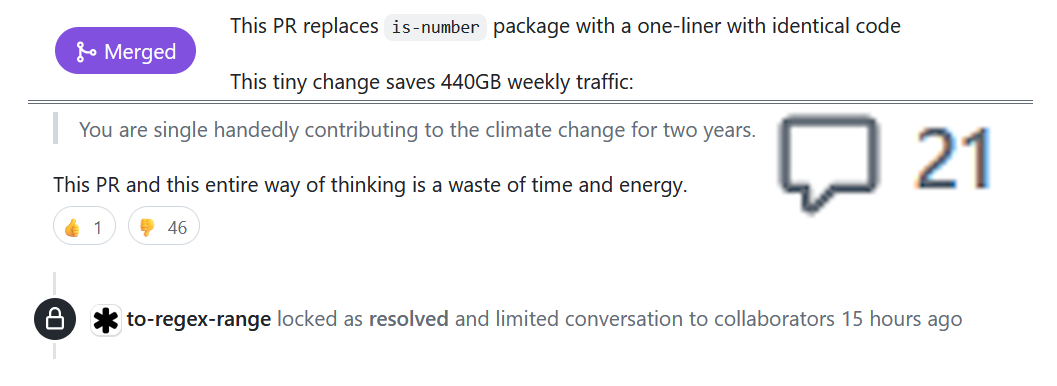Up and until the rule applies to so many countries that the sites just make the requirement universal, this will do nothing to stop bots as the bots will all just operate from countries that are not under age restriction laws. Even after that it's likely the bot operators will just use fake IDs and similar, as it's unlikely website operators would setup reliable verification of identity for every single country they want to serve.
sus
though this pic is in winter, and there could well be a bunch of trees just to the right off-camera
(also the cars and the satellite dish give away that this is what a commieblock looks 50 years after being built)
funny how well this fits for both meanings
this would actually be achieved by a team of 20 thousand oompa loompas with small shovels and 500 million tons of cocaine
these are probably trolls. At one point quora had a "partner program" where people would get paid to post questions, but only if the questions got enough engagement. The question generators realized that coming up with interesting questions was kind of hard, so they just started pouring out ragebait.
If it's too obvious people may realize it's a troll, so the ideal way to do it is phrase it in a vague way that leaves a lot to the imagination (here for example people can easily make the assumption that you're an idiotic and boneheaded parent)
openAI tried to remove the mexico filter but they just can't. The AI is hopelessly addicted to that sepia tone
No. If that thing ever ends up running in the ocean, we will all die
Yeah, same for simcity 4
white background with black text is pretty much the default everywhere and I think always has been, so specifying those colors is redundant (and breaks night mode, though I don't think that was a thing back when it was designed)
I Can't Believe It's Not Flagged








After working at blizzard for 51 years, I finally found an elegant solution by using the power of recursion